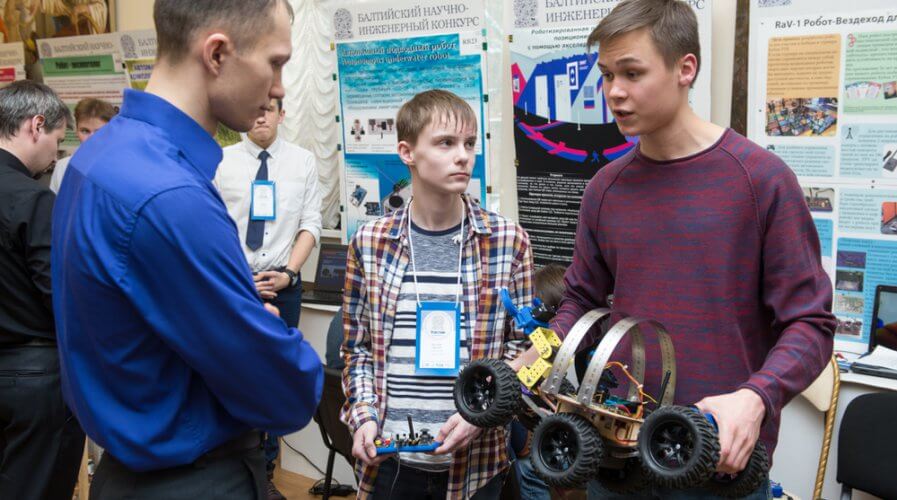
Inventions in Singapore related to AI will be easy to patent now. Source: Shutterstock
Singapore accelerates patent applications for AI inventions
PATENTS are usually seen as a reward for the time and resources spent on creating new inventions and are often a first step to monetizing a novel idea.
In the world of artificial intelligence (AI), research is quite fast-paced and competition is intense. As a result, companies and universities benefit when the patent system in a country is quick and effective.
The Intellectual Property Office of Singapore (IPOS) has recently announced that it will now accelerate grants of AI-related patent applications to just six months — which will be the fastest in the world.
The official name of the program is Accelerated Initiative for Artificial Intelligence and aims to help Singapore establish itself as a digital economy.
The IPOS hopes that the program will support innovative enterprises who need to bring their AI products faster to global markets.
“Now, innovators can expect their AI patents to be granted in as quickly as six months, compared to a typical period of at least two years or more,” the organization said recently.
In Singapore, the push for AI is slowly being driven by supporting regulatory, compliance, and funding initiatives.
Previously, the government made it easier to access data for AI projects and is constantly working on bringing in more transparency across the economy to funnel in more support for AI solutions.
The government has also launched a five-year digital government blueprint last year for ministries and agencies to adopt one AI project by 2023.
Companies in Singapore have also taken a proactive stance towards AI.
According to IMDA, 50 percent of businesses in telecom, insurance, finance, IT and retail have adopted AI solutions and another 30 percent indicated that they will do so by mid of this year
“AI has become one of the biggest drivers of technological and societal change in the world, and it will increasingly underpin Singapore’s drive to build a digital economy,” said IPOS CEO Daren Tang.
“The Accelerated Initiative for Artificial Intelligence will give AI innovators protection for their inventions much faster than usual and underscores Singapore’s commitment to helping AI innovations move quickly to the market.”
Tang also revealed that the initiative will also be extended to AI innovators outside of Singapore, and will allow them to use Singapore as a base to access markets of their interest speedily.
IPOS believes that the move will reinforce Singapore as an IP hub for cutting-edge technologies.
According to a recent study by the United Nations Economic and Social Council’s World Intellectual Property Organization (WIPO), the US was home to the leading companies with the most AI-related patents to their name.
The two largest conglomerates from the US with AI-related patents are IBM and Microsoft. The first has 8,290 patents to its name and the second has 5,930.
Among the top 30 companies in the WIPO list, twelve are Japanese. Brands such as Toshiba, Toyota, Fujitsu, Hitachi, NEC, Panasonic, Sony, and Canon, seem to hold plenty of AI-related patents.
With this move, Singapore could soon be a leader on that list — especially in a fast-paced global market where AI-related inventions need to be brought to market quickly in order to gain a competitive edge.
Data compiled by IPOS suggests that the number of companies (globally) implementing AI solutions grew 270 percent in the past four years and tripled in the past year, with two in five enterprises implementing AI in some form now.
Brimming with innovative activities, the global AI industry is forecast to be worth US$190 billion by 2025, with a compounded annual growth rate of 37 percent from 2017 to 2025.
The launch of the Accelerated Initiative for Artificial Intelligence by IPOS seems to be a great move that will not only benefit businesses creating AI inventions but also those looking to invest in new solutions with the potential to accelerate digital capabilities.
READ MORE
- Safer Automation: How Sophic and Firmus Succeeded in Malaysia with MDEC’s Support
- Privilege granted, not gained: Intelligent authorization for enhanced infrastructure productivity
- Low-Code produces the Proof-of-Possibilities
- New Wearables Enable Staff to Work Faster and Safer
- Experts weigh in on Oracle’s departure from adland






